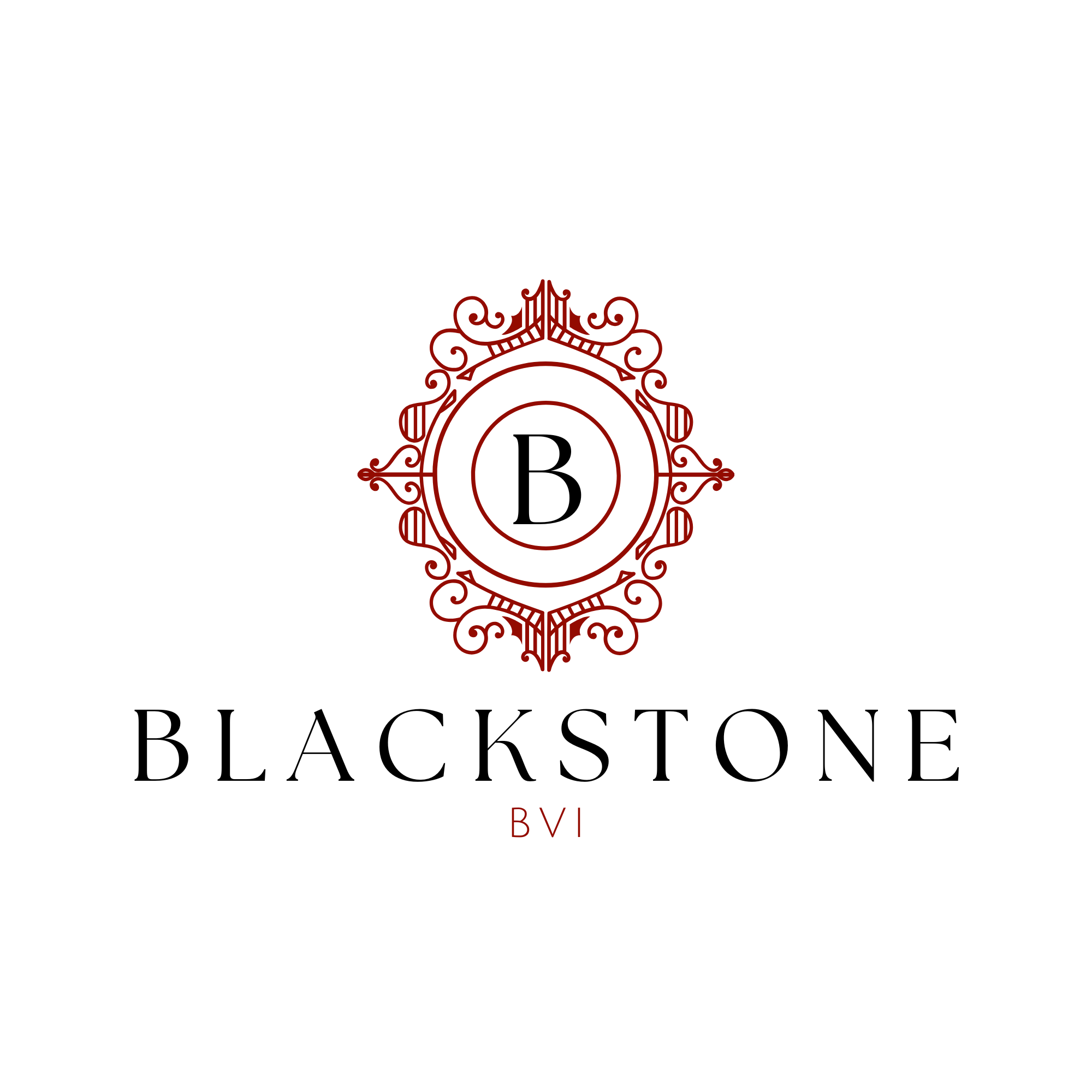Unlock exclusive advantages by establishing your offshore company in the British Virgin Islands (BVI).

Key Advantages of the British Virgin Islands (BVI) as an Offshore Jurisdiction
INTRODUCTION TO BRITISH VIRGIN ISLANDS
The British Virgin Islands (BVI) are a highly regarded offshore business jurisdiction, known for their stability and strong reputation.
Key advantages include the use of the US dollar, eliminating currency controls; political stability as a British Overseas Territory; and a clean international profile.
BVI operates under an independent judicial system based on English Common Law and collaborates with the private sector to develop regulations.
The offshore financial services sector is a major contributor to the economy, ensuring continued competitiveness.
Additionally, BVI offers modern infrastructure, easy accessibility, and operates on US Eastern Standard Time.
Fast, simple and remote incorporation process
Easy annual maintenance requirement
Modern corporate legislation with flexible structure
Full tax exemption for income derived outside of BVI
No corporate tax
No public records of company directors, shareholders
No accounting and auditing requirement
USD as the official currency
The most desirable offshore financial center
At least one director/one shareholder
Required local registered address
Required local registered agent
No minimum paid up capital
Bearer shares not permitted
The Register of Beneficial Owners is filed with the Registrar but remains private.
The Register of Shareholders is filed but can be either private or public, depending on the company’s choice.
The only publicly available documents are the Memorandum and Articles of Association and the Register of Directors, which do not disclose the identity of shareholders or beneficial owners.
A BVI Business Company is fully exempt from BVI income tax, as well as taxes on dividends, interest, rents, royalties, and capital gains.
There is no estate, inheritance, succession, or gift tax on shares, debt obligations, or securities of a BVI BC.
Additionally, all transfers of property, assets, shares, and securities are exempt from stamp duty, except for land ownership transactions in the British Virgin Islands, where stamp duty still applies.
FINANCIAL REQUIREMENTS
BVI Business Companies must maintain accounting records that accurately reflect their financial transactions, including income, expenses, sales, purchases, assets, and liabilities. These records can be kept anywhere, as long as the Registered Agent is informed of their location.
Companies must file an Annual Financial Return (“Annual Return”) with their Registered Agent within nine months of their fiscal year-end. This return includes a balance sheet (showing assets, debts, and equity) and an income statement (detailing earnings, expenditures, profits, and losses). While no specific accounting standards apply, directors must ensure financial accuracy.
The Annual Return remains private and is not publicly accessible. Additionally, there is no requirement for the accounting records or Annual Return to be audited.
BVI ECONOMIC SUBSTANCE REQUIREMENT
All BVI entities must file an annual economic substance declaration as required by the Economic Substance (Companies and Limited Partnerships) Act, effective since January 1, 2019. Relevant activities include banking, insurance, fund management, finance, shipping, intellectual property, and holding businesses.
Companies not engaged in relevant activities must submit a signed ESA Declaration form within six months of their fiscal year-end. Those carrying out relevant activities must either ensure the activity takes place within the BVI, discontinue or modify it, or demonstrate tax residence in an approved jurisdiction outside the BVI.
A company not paying taxes outside the BVI is automatically deemed a BVI tax resident unless proven otherwise, requiring compliance with substance requirements to avoid legal enforcement.
CONFIDENTIALITY
To register a company in the British Virgin Islands (BVI), beneficial owners, shareholders, and directors must provide legalized identification and proof of address to the Registered Agent and keep it updated.
The Register of Beneficial Owners is filed but remains private.
The Register of Directors is publicly accessible through the BVI online registry (VIRRGIN), while the Register of Shareholders may be public or private based on the company’s choice.
The only publicly available documents are the Memorandum and Articles of Association and the Register of Directors, which do not reveal shareholder or beneficial owner identities.
BVI actively participates in global efforts to combat financial crime, ensuring controlled information sharing under international agreements.

Streamline your BVI company formation with our easy-to-use online order system.
Once we’ve received your payment, our customer service will contact you to process the necessary paperwork. We’ll guide you to properly prepare documents for incorporation in BVI via KYC online form. You will be able to access our digital private client portal to proceed with the incorporation steps and keep track of the process anytime, anywhere.
The electronic documents are ready after 2 working days of company formation, and it takes 3-7 days for courier the original kit.

Launch your international business effortlessly with our Premium BVI Company Formation Package, providing everything you need to establish your BVI company seamlessly.

When naming an International Business Company (IBC) in the British Virgin Islands (BVI), the name must end with specific legal suffixes like Limited (Ltd), Corporation (Corp), Incorporated (Inc). Names identical to existing companies or implying affiliation with the Royal Family or the BVI Government are restricted.
Additionally, certain words in company names are regulated:
These rules aim to prevent public confusion and ensure clarity in business identities. Hope this helps! Let me know if you need refinements.
Incorporating a company in the British Virgin Islands (BVI) offers key advantages:
No. A British Virgin Islands (BVI) Business Company has no minimum paid-capital requirements and is not required to declare an authorized or registered capital in its foundation documents.
The company must state the total number of shares, which determines ownership distribution among shareholders. However, there is no obligation to assign a fixed monetary value to each share.
No. A beneficial owner does not need to be present for pre- or post-incorporation paperwork when establishing a Business Company in the British Virgin Islands (BVI).
Under the Business Companies Act, a licensed Registered Agent is responsible for signing and filing all incorporation documents. Post-incorporation paperwork, also prepared by the agent, ensures the client can assume practical control of the company.
A BVI business company is required to have one director/shareholder at minimum. Individual and body corporate are accepted. No specific requirements on locality or qualification of directors/shareholders exist.
The registers of company directors, shareholders, or beneficial owners are usually maintained at the address of the registered agent appointed by the company.
No, these registers are not disclosed to the public. They are typically kept confidential and are not accessible by the general public.
The company has the option to file this information with the Registrar for official registration purposes.
No. But for the sake of prudency they have to sign the company formation order and our terms and conditions. The incorporation documents themselves (Memorandum and Articles of Association, First Minutes and Resolutions) would all be signed by the Registered Agent, which is the standard incorporation procedure prescribed by the Business Companies Act.
A director can sign documents based on the executive powers granted by the Articles of Incorporation. If the director is the beneficial owner or their appointee, their signatory rights are unconditional. However, a third-party director can only sign with explicit authorization from the beneficial owner. A nominee director is never allowed to sign without such instructions. Additionally, individuals holding a valid Power of Attorney can sign on behalf of the company within the scope of their granted authority, which is a common practice for offshore companies.
There must be at least one director to incorporate in BVI. The director can be sole shareholder and ultimate beneficial owner (UBO).
The sole member of a BVI company can be a natural person or a corporate body.
Bank, building society, savings, loans, insurance, assurance, reinsurance, fund management, investment fund, trust, trustees, Chamber of Commerce, university, municipal or their foreign language equivalents.
The only legal requirement for a Business Company in the British Virgin Islands (BVI) is minimum local presence, meaning it must have a Registered Office and a Registered Agent in the jurisdiction. Licensed agents typically provide this service for registered businesses.
Additional optional services—such as mail and fax forwarding, document re-mailing, and call handling—can enhance the company’s operational presence. While a fully operational office isn’t required, businesses are free to establish one in the BVI, which is described as an attractive location.
Our incorporation fee in BVI includes essential items for registration:
As an offshore company incorporation in the BVI, your IBC is completely tax-free for its profits earned.
A business company is exempted from all types of local tax for income-generating outside of the BVI.
The business owner only needs to maintain:
Yes. Continuation under the BVI Business Companies Act allows foreign companies in good standing to transfer their registration to the British Virgin Islands, provided their country of origin permits it. The process resembles standard offshore company registration but requires extra documents proving the foreign company’s legal status and approval for continuation. The result is the transformation of the foreign company into a BVI Business Company
Yes. It will just be more expensive, because change of name for any existing offshore company would be a separate administrative procedure, and will involve additional government and professional fees.
Registrars of Companies in some offshore jurisdictions are actually somewhat discouraging and slow about name changes, but this is not the case in the BVI.